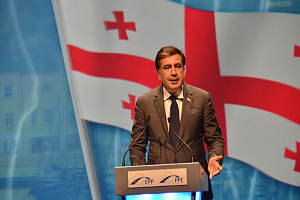Navigating Complex Choices: The EU's Dilemma With Georgia
By Kornely Kakachia
November 30, 2023
On November 8, the European Commission recommended granting candidate status to Georgia. The acceptance or rejection of these recommendations will be determined by a vote from the 27 EU member states in mid-December. If approved by the European Council, this decision would mark a significant milestone in Georgia’s extensive pursuit of European integration, reflecting the historical transformations occurring in the region. As the EU endeavors to anchor Georgia within its newly defined geopolitical sphere, the country is still required to address nine priorities, along with two additional conditions related to combating disinformation. These include countering anti-EU disinformation, foreign information manipulation, and interference against the EU’s values. Another pivotal condition for Georgia involves ensuring a closer alignment of its foreign policy with the EU’s Common Foreign and Security Policy (CFSP).
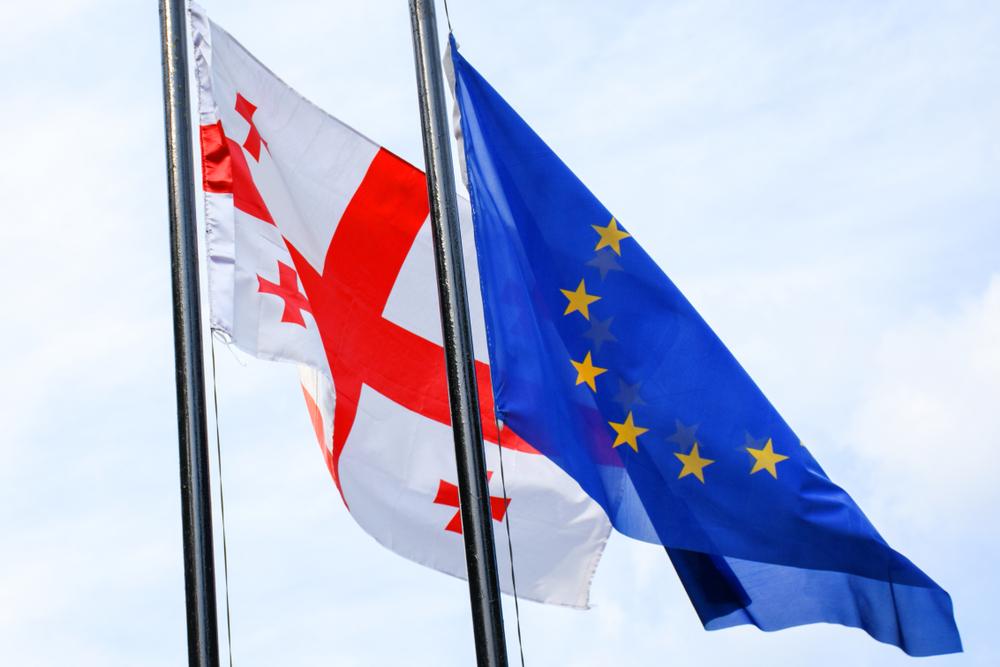
Political Crisis in Georgia Takes Turn for the Worst
By Natalia Konarzewska
April 13, 2021, the CACI Analyst
Georgia’s Prime Minister Giorgi Gakharia stepped down on February 18 following the detention of the opposition United National Movement’s (UNM) Chairman Nikanor (Nika) Melia. The previous day, Tbilisi City Court ruled to place Melia in pretrial detention on charges of leading the storming of the parliament during the June 2019 protests. Gakharia resigned amid a protracted political conflict between the ruling Georgian Dream (GD) party and the opposition following the October 2020 parliamentary elections. The opposition, including UNM, refused to acknowledge the official results and enter the new convocation of the parliament. De-escalation seems unlikely after Irakli Gharibashvili, until then Minister of Defence and known for his uncompromising stance towards the opposition, was appointed to replace Gakharia as Prime Minister.
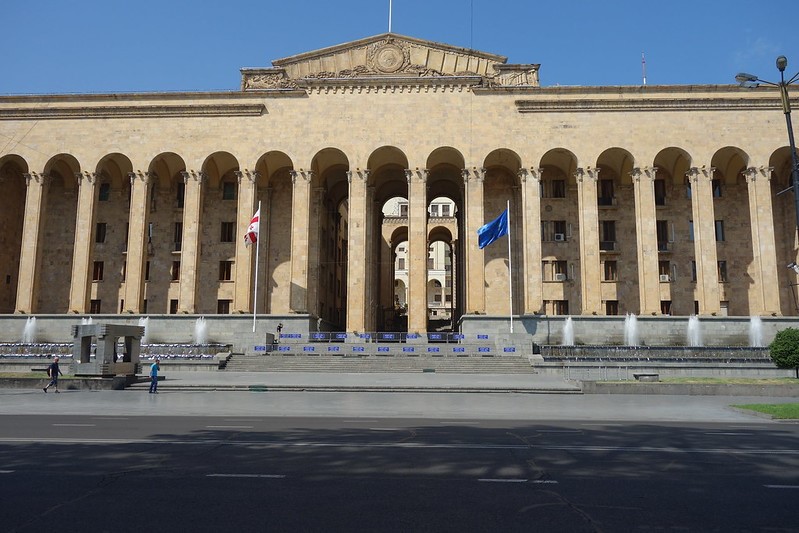
Georgia’s Constitutional Reform is Good for the Ruling Party, Bad for Georgian Democracy
By Joseph Larsen
May 16, 2017, the CACI Analyst
The ongoing constitutional reform process clearly indicates that Georgia’s further democratic progress rests on shaky footing. The proposed constitutional amendments would weaken the power and popular mandate of the president and likely give the ruling Georgian Dream (GD) party an undue advantage in parliamentary elections. The proposed amendments justifiably raise fears that GD is just the latest political force with ambitions for single-party rule. Rather than locking in the country’s democratic gains, the draft constitution looks likely to consolidate GD’s legislative and executive power.
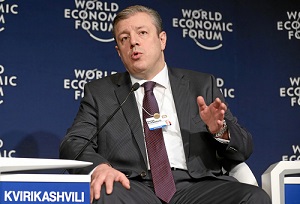
Primitivism as a Trait of Georgia’s Modern Economic Policy
By Vladimer Papava
May 4, 2017, the CACI Analyst
During the 2012 and 2016 electoral periods, the ruling Georgian Dream (GD) issued numerous pledges to its voters, including economic guarantees that garnered special attention but nevertheless could not be implemented for several reasons. The GD government’s economic policy has sustained some successes but also reflect features of economic primitivism – simplistic and populist economic policies – that risk hampering the evolution of Georgia’s economy from a consumerist to an innovation economy.
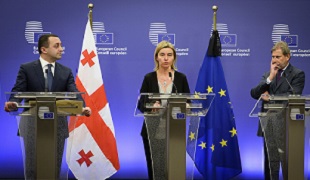
Georgia’s Main Opposition Party Splits
By Natalia Konarzewska
March 16, 2017, the CACI Analyst
The crushing defeat in Georgia's October parliamentary elections will have far-reaching consequences for the former ruling party, the United National Movement (UNM). The election results sparked a heated conflict in the UNM leadership and prompted a group of senior party members to challenge former President Mikheil Saakashvili's leadership in absentia of the party. In mid-January a group of party members opposing Saakashvili, including prominent figures, left the party. On January 20, UNM's party congress decided to leave the chairman position vacant until the former president is able to return to Georgia. Saakashvili currently resides in Ukraine, where in late 2016 he launched a new oppositional political initiative after resigning from the post of Odessa governor.
